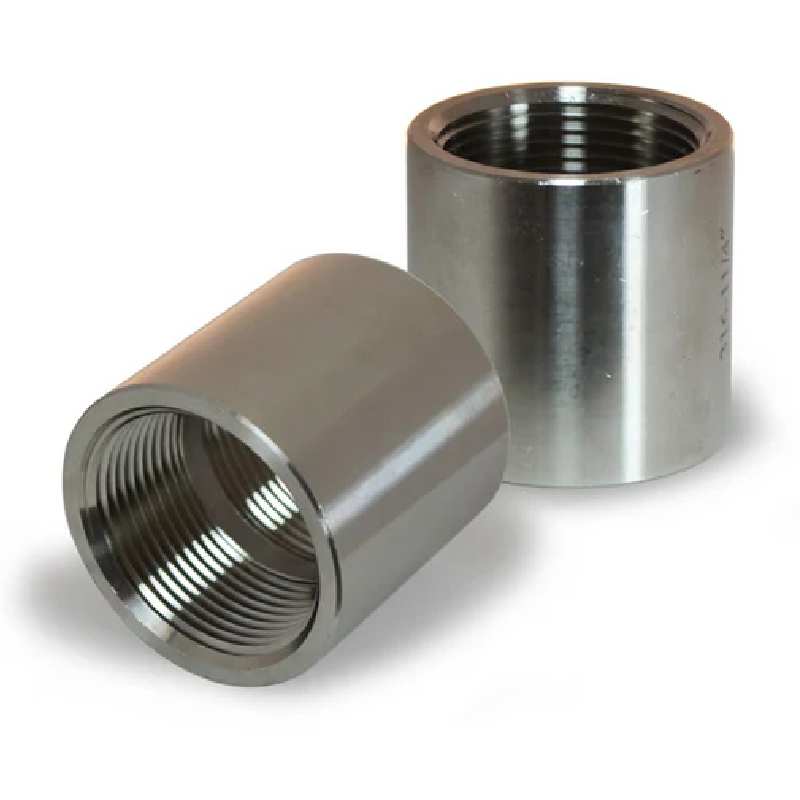-
Cangzhou Yulong Steel Co., Ltd.
-
Phone:
+86 13303177267 -
Email:
admin@ylsteelfittings.com
- English
- Arabic
- Italian
- Spanish
- Portuguese
- German
- kazakh
- Persian
- Greek
- French
- Russian
- Polish
- Thai
- Indonesian
- Vietnamese
- Zulu
- Korean
- Uzbek
- Hindi
- Serbian
- Malay
- Ukrainian
- Gujarati
- Haitian Creole
- hausa
- hawaiian
- Hebrew
- Miao
- Hungarian
- Icelandic
- igbo
- irish
- Japanese
- Javanese
- Kannada
- Khmer
- Rwandese
- Afrikaans
- Albanian
- Amharic
- Armenian
- Azerbaijani
- Basque
- Belarusian
- Bengali
- Bosnian
- Bulgarian
- Catalan
- Cebuano
- China
- China (Taiwan)
- Corsican
- Croatian
- Czech
- Danish
- Esperanto
- Estonian
- Finnish
- Frisian
- Galician
- Georgian
- Kurdish
- Kyrgyz
- Lao
- Latin
- Latvian
- Lithuanian
- Luxembourgish
- Macedonian
- Malgashi
- Malayalam
- Maltese
- Maori
- Marathi
- Mongolian
- Myanmar
- Nepali
- Norwegian
- Norwegian
- Occitan
- Pashto
- Dutch
- Punjabi
- Romanian
- Samoan
- Scottish Gaelic
- Sesotho
- Shona
- Sindhi
- Sinhala
- Slovak
- Slovenian
- Somali
- Sundanese
- Swahili
- Swedish
- Tagalog
- Tajik
- Tamil
- Tatar
- Telugu
- Turkish
- Turkmen
- Urdu
- Uighur
- Welsh
- Bantu
- Yiddish
- Yoruba

Aug . 09, 2024 04:15 Back to list
Exploring the Specifications and Applications of API 5L X60 PSL2 in Pipeline Engineering
Understanding API 5L X60 PSL2 The Backbone of Modern Pipeline Systems
The API 5L X60 PSL2 specification plays a crucial role in the global energy and infrastructure sectors, particularly in the transportation of gas and oil through pipelines. This standard, developed by the American Petroleum Institute (API), outlines the requirements for seamless and welded steel pipes that are primarily used in the construction of pipelines for the oil and gas industries. Understanding the intricacies of API 5L X60 PSL2 can provide valuable insights into its significance and application.
What is API 5L?
API 5L is a comprehensive specification that governs the manufacturing of line pipes. It covers various grades of steel pipelines used in the transportation of oil, natural gas, and other fluids. The “X” designation indicates the yield strength of the pipe in thousands of psi. Thus, X60 signifies a minimum yield strength of 60,000 psi (414 MPa). The PSL in the specification refers to the Product Specification Levels, which differentiate the pipe manufacturing processes and quality control measures. PSL1 is the lower grade, while PSL2 provides enhanced quality features such as tighter chemical and mechanical property requirements.
X60 PSL2 Specification
The inclusive nature of the API 5L X60 PSL2 specification encompasses various aspects, including chemical composition, mechanical properties, and testing provisions. The steel used in X60 pipes is typically found to possess specific alloying elements that enhance its strength, toughness, and weldability. This ensures that the pipes can withstand the high pressures and aggressive environments typically associated with oil and gas transport.
api 5l x60 psl2

Notably, the PSL2 level signifies enhanced quality control, which is critical in preventing pipeline failures that can result in catastrophic leaks and environmental disasters. The production of X60 PSL2 pipes involves rigorous inspection and testing, ensuring that each batch meets or exceeds the stringent requirements set forth by the API.
Applications and Advantages
The versatility of API 5L X60 PSL2 pipes allows for a wide range of applications. They are predominantly used in the construction of pipelines for transporting oil, gas, and water. The high yield strength and excellent toughness of X60 PSL2 steel make it particularly suitable for operations in high-pressure environments or regions susceptible to extreme weather conditions.
One of the most significant advantages of X60 PSL2 is its ability to facilitate efficiency in pipeline construction and operation. Using pipes manufactured to this standard reduces the likelihood of fractures and failures, leading to lower maintenance costs and increased safety. Additionally, the improved weldability of PSL2 pipes enables faster assembly on-site, which is crucial for timely project delivery.
Conclusion
In summary, API 5L X60 PSL2 represents a pivotal standard in the pipeline industry, merging quality assurance with high-performance requirements. As the world leans more towards sustainable and reliable energy solutions, the importance of using pipes that can deliver under pressure while minimizing environmental risks cannot be overstated. API 5L X60 PSL2 not only enhances operational efficiency but also promotes safety and integrity in the transportation of vital resources. As the demand for energy continues to grow, the role of standards like API 5L X60 PSL2 will remain integral in supporting the infrastructure that powers economies worldwide.
Latest news
-
ANSI 150P SS304 SO FLANGE
NewsFeb.14,2025
-
ASTM A333GR6 STEEL PIPE
NewsJan.20,2025
-
ANSI B16.5 WELDING NECK FLANGE
NewsJan.15,2026
-
ANSI B16.5 SLIP-ON FLANGE
NewsApr.19,2024
-
SABS 1123 FLANGE
NewsJan.15,2025
-
DIN86044 PLATE FLANGE
NewsApr.19,2024
-
DIN2527 BLIND FLANGE
NewsApr.12,2024
-
JIS B2311 Butt-Welding Fittings LR/SR 45°/90° /180°Seamless/Weld
NewsApr.23,2024











